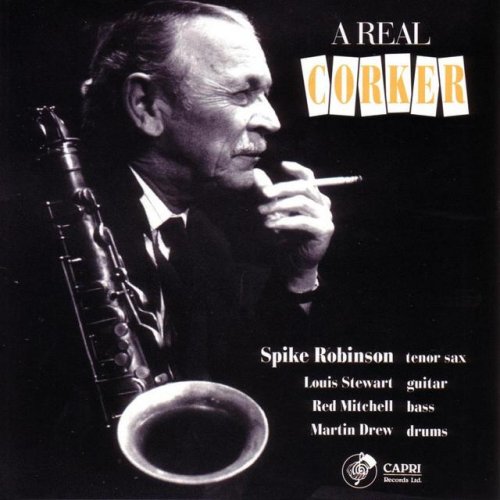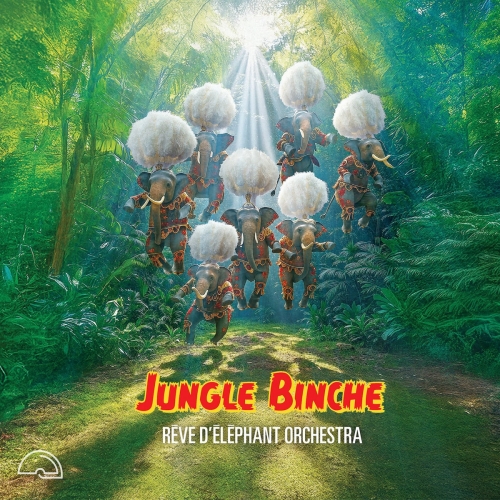Wah! - Nah=Poo - The Art Of Bluff (Reissue) (1981/2001)
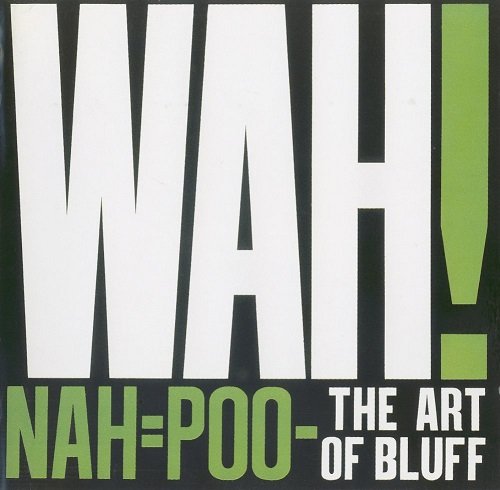
Artist: Wah! - Nah=Poo
Title: The Art Of Bluff
Year Of Release: 1981/2001
Label: Castle Music
Genre: Post-Punk, New Wave
Quality: Flac (tracks, .cue, log)
Total Time: 01:05:47
Total Size: 448 Mb (scans)
WebSite: Album Preview
Title: The Art Of Bluff
Year Of Release: 1981/2001
Label: Castle Music
Genre: Post-Punk, New Wave
Quality: Flac (tracks, .cue, log)
Total Time: 01:05:47
Total Size: 448 Mb (scans)
WebSite: Album Preview
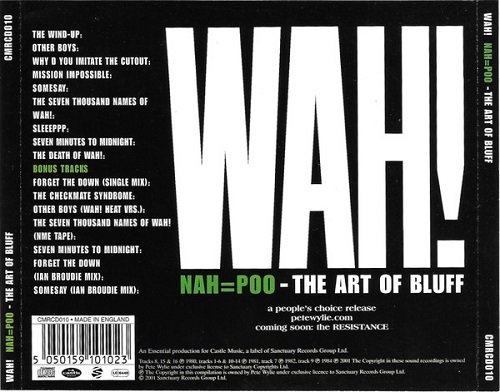
Tracklist:
1. The Wind-Up
2. Other Boys
3. Why D You Imitate The Cutout
4. Mission Impossible
5. Somesay
6. The Seven Thousand Names Of Wah!
7. Sleeeppp
8. Seven Minutes To Midnight
9. The Death Of Wah!
Bonus Tracks:
10. Forget The Down (single mix)
11. The Checkmate Syndrome
12. Other Boys (Wah! Heat Version)
13. The Seven Thousand Names Of Wah! (NME Tape)
14. Seven Minutes To Midnight (Joy Division version)
15. Forget The Down (Ian Broudie Mix)
16. Seomsay (Ian Broudie Mix)
Peter James Wylie (born 22 March 1958) is an English singer/songwriter and guitarist, best known as the leader of the band variously known as Wah!, Wah! Heat, Shambeko! Say Wah!, JF Wah!, The Mighty Wah! and Wah! The Mongrel.
Wylie was born in Liverpool. He began his career in 1977 with lead vocalist Ian McCulloch and bassist Julian Cope, with whom he formed the band Crucial Three, which lasted from May to June the same year. In December 1977, he joined The Spitfire Boys, who dissolved the same month. Wylie and two of the band, Pete Griffiths and Peter Clarke, formed the same month, The Nova Mob, alongside Julian Cope. The band lasted until May 1978. In August, he joined established local band Crash Course (December 1977 – January 1979) after seeing them supporting Big in Japan at the matinee of their farewell show in Eric's club on 26 August. The revised Crash Course made their first live appearance at Manchester University on 13 October.
On 22 December 1978, a professional recording of the band performing at Eric's was made for a live EP, to be released on the club's own label, and to follow the Pink Military EP which had also been recorded there. Crash Course disbanded in January 1979 and the record wasn't pressed (the tape subsequently lost). Earlier in December 1978 the band had recorded three tracks at Liverpool's Open Eye demo studios: "Someone Different" (with which The Glass Torpedoes had a minor hit in mid 1979), "The Tears of a Clown" (the Smokey Robinson song), and 'Look Now'. Shortly after the band's demise the three Open Eye demo tracks were broadcast, in their unmixed form, on BBC radio. One of the last compositions to be rehearsed by Crash Course was the semi instrumental 'Heart Surgery'. A version of this later appeared on the Glass Torpedoes EP.
Active from 1979, Wylie and company garnered critical acclaim throughout 1980 for the singles "Better Scream" and "Seven Minutes to Midnight" (both as Wah! Heat), the latter being single of the week in the NME, Sounds and Melody Maker during spring 1980, and the 1981 Warner Bros. album Nah = Poo! – The Art of Bluff (as Wah!). Their biggest hit single was "The Story of the Blues", which was released in late 1982, and reached number 3 in the UK Singles Chart.
A follow-up single, "Hope (I Wish You'd Believe me)" was released in 1983, but the single found limited success. Next, Wylie released an officially sanctioned "official bootleg" of new and old songs entitled The Maverick Years 1980–81 on his own label. Clad in a cover that alluded to the early 1970s "Trade Mark of Quality" bootlegs, the record appeared as a white label with a blank outer cover and a sheet attached with sleevenotes by music journalist Adam Sweeting. This release did not shore up Wylie's dwindling fortunes and Wah! were subsequently dropped by WEA. In 1984, the Mighty Wah! had a Top 20 hit with the song "Come Back" (as with "The Story of the Blues", the song was chosen by the BBC Radio 1 radio DJ John Peel, as his "single of the year").
The accompanying album, recorded for Beggars' Banquet, was entitled A Word to the Wise Guy. It was critically acclaimed, but sold poorly and the band were again dropped. By 1986, having ditched his backing ensemble, Wylie had a solo hit with "Sinful!", which peaked at number 13 in the UK, ostensibly produced by Ian Ritchie, but with major input from Zeus B. Held. "Sinful!" became the title track of his 1987 solo album, which included the enigmatically titled Four Eleven Forty Four.
Wylie was born in Liverpool. He began his career in 1977 with lead vocalist Ian McCulloch and bassist Julian Cope, with whom he formed the band Crucial Three, which lasted from May to June the same year. In December 1977, he joined The Spitfire Boys, who dissolved the same month. Wylie and two of the band, Pete Griffiths and Peter Clarke, formed the same month, The Nova Mob, alongside Julian Cope. The band lasted until May 1978. In August, he joined established local band Crash Course (December 1977 – January 1979) after seeing them supporting Big in Japan at the matinee of their farewell show in Eric's club on 26 August. The revised Crash Course made their first live appearance at Manchester University on 13 October.
On 22 December 1978, a professional recording of the band performing at Eric's was made for a live EP, to be released on the club's own label, and to follow the Pink Military EP which had also been recorded there. Crash Course disbanded in January 1979 and the record wasn't pressed (the tape subsequently lost). Earlier in December 1978 the band had recorded three tracks at Liverpool's Open Eye demo studios: "Someone Different" (with which The Glass Torpedoes had a minor hit in mid 1979), "The Tears of a Clown" (the Smokey Robinson song), and 'Look Now'. Shortly after the band's demise the three Open Eye demo tracks were broadcast, in their unmixed form, on BBC radio. One of the last compositions to be rehearsed by Crash Course was the semi instrumental 'Heart Surgery'. A version of this later appeared on the Glass Torpedoes EP.
Active from 1979, Wylie and company garnered critical acclaim throughout 1980 for the singles "Better Scream" and "Seven Minutes to Midnight" (both as Wah! Heat), the latter being single of the week in the NME, Sounds and Melody Maker during spring 1980, and the 1981 Warner Bros. album Nah = Poo! – The Art of Bluff (as Wah!). Their biggest hit single was "The Story of the Blues", which was released in late 1982, and reached number 3 in the UK Singles Chart.
A follow-up single, "Hope (I Wish You'd Believe me)" was released in 1983, but the single found limited success. Next, Wylie released an officially sanctioned "official bootleg" of new and old songs entitled The Maverick Years 1980–81 on his own label. Clad in a cover that alluded to the early 1970s "Trade Mark of Quality" bootlegs, the record appeared as a white label with a blank outer cover and a sheet attached with sleevenotes by music journalist Adam Sweeting. This release did not shore up Wylie's dwindling fortunes and Wah! were subsequently dropped by WEA. In 1984, the Mighty Wah! had a Top 20 hit with the song "Come Back" (as with "The Story of the Blues", the song was chosen by the BBC Radio 1 radio DJ John Peel, as his "single of the year").
The accompanying album, recorded for Beggars' Banquet, was entitled A Word to the Wise Guy. It was critically acclaimed, but sold poorly and the band were again dropped. By 1986, having ditched his backing ensemble, Wylie had a solo hit with "Sinful!", which peaked at number 13 in the UK, ostensibly produced by Ian Ritchie, but with major input from Zeus B. Held. "Sinful!" became the title track of his 1987 solo album, which included the enigmatically titled Four Eleven Forty Four.
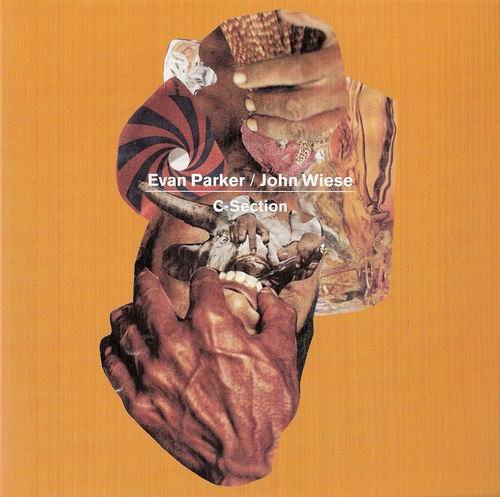
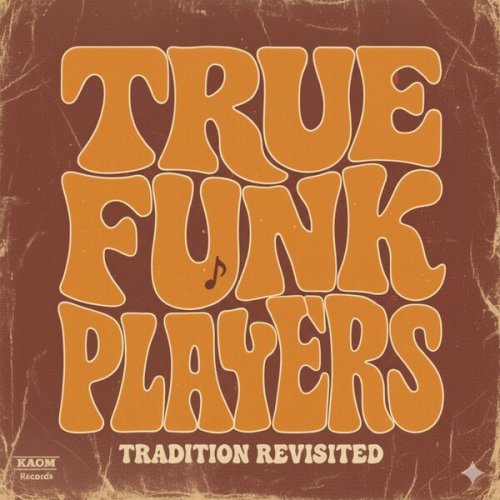
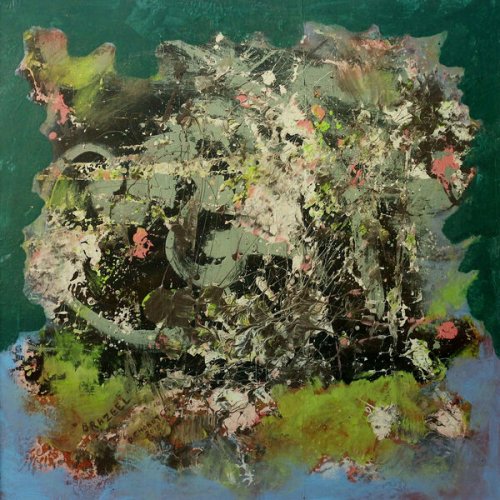
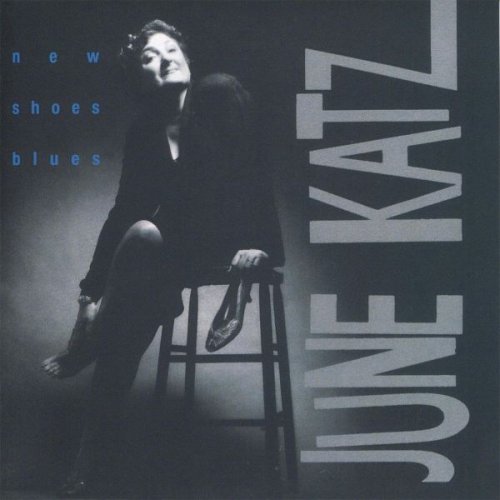
![Youn Sun Nah - Lost Pieces (2026) [Hi-Res] Youn Sun Nah - Lost Pieces (2026) [Hi-Res]](https://www.dibpic.com/uploads/posts/2026-02/1771413579_1.jpg)

![Andy Gillmann - Acoustic Impulse (2026) [Hi-Res] Andy Gillmann - Acoustic Impulse (2026) [Hi-Res]](https://www.dibpic.com/uploads/posts/2026-02/1771564063_i2l6l2i7vv9qz_600.jpg)
